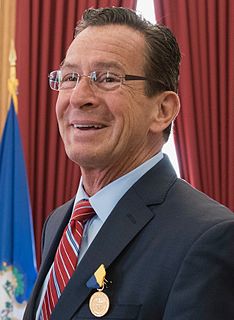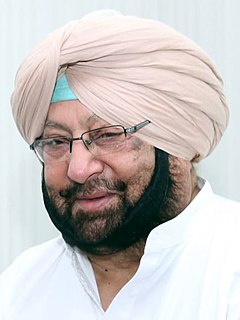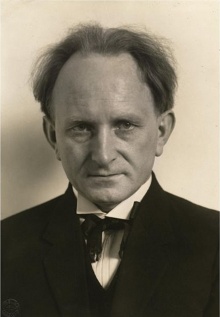A Quote by Richard M. Nixon
Our idea is to create a situation in which those lands to which we have obligations or in which we have interests, if they are ready to fight a fire, should be able to count on us to furnish the hose and water.
Related Quotes
...if we want to meet the obligations of our civilization and our culture which are to create communities for our children that provide them with the same opportunities for dignity and enrichment as the communities that our parents gave us, we've got to start by protecting that infrastructure; the air that we breathe, the water that we drink, the landscapes that enrich us.
Special care should be taken of the health of the inhabitants, which will depend chiefly on the healthiness of the locality and of the quarter to which they are exposed, and secondly on the use of pure water; this latter point is by no means a secondary consideration. For the elements which we use the most and oftenest for the support of the body contribute most to health, and among those are water and air. Wherefore, in all wise states, if there is want of pure water, and the supply is not all equally good, the drinking water ought to be separated from that which is used for other purposes.
Reading, reflection and time have convinced me that the interests of society require the observation of those moral precepts only in which all religions agree (for all forbid us to steal, murder, plunder, or bear false witness), and that we should not intermeddle with the particular dogmas in which all religions differ, and which are totally unconnected with morality.
People need to learn how to respond to each other's hatreds with love - which is what Jesus taught us, which is what Buddha came here to teach us, which is what Muhammad taught us, which is what all of the great spiritual masters who have ever walked among us who live at those highest energies taught us - responding to force with more force will just create more problems.
It seems to me that the idea of a personal God is an anthropological concept which I cannot take seriously. I feel also not able to imagine some will or goal outside the human sphere. My views are near those of Spinoza: admiration for the beauty of and belief in the logical simplicity of the order which we can grasp humbly and only imperfectly. I believe that we have to content ourselves with our imperfect knowledge and understanding and treat values and moral obligations as a purely human problem-the most important of all human problems.
Pure photography allows us to create portraits which render their subjects with absolute truth, truth both physical and psychological. That is the principal which provided my starting point, once I had said to myself that if we can create portraits of subjects that are true, we thereby in effect create a mirror of the times in which those subjects live.
































